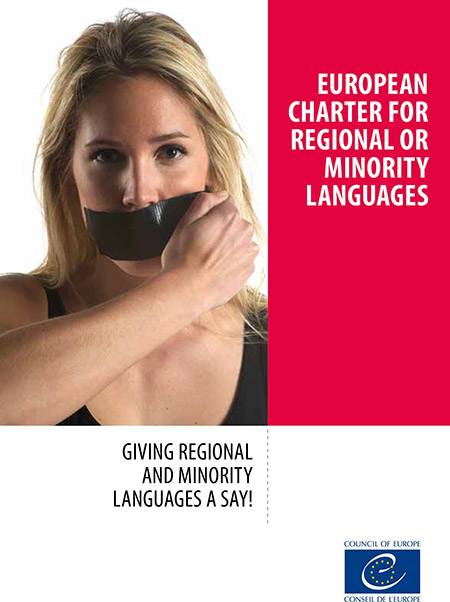Since having entered into force in Poland in 2009, the European Charter for Regional or Minority Languages applies to the following languages: Armenian, Belarusian, Czech, German, Karaim, Kashub, Lemko, Lithuanian, Romani, Russian, Slovak, Tatar, Ukrainian and Yiddish.
In their report published today, the Committee of Experts – who evaluates existing legal acts, regulations and practice applied in each State for its regional or minority languages – finds that the “situation of these languages” varies considerably, and the choice made by Poland to apply the same undertakings to all leads to challenges for implementing the Charter.
While a legal framework is in place, and the authorities provide financial support in areas such as education, media or culture, a more proactive and structured approach is needed to ensure the implementation of the ratified provisions, according to the report. A strategy for the application of the Charter to each language in line with the undertakings ratified and the monitoring recommendations should be developed, in co-operation with the speakers.
Education in regional or minority languages, as provided by the undertakings ratified, remains scarce and teaching them only as a subject is still the most widespread model. A generous subsidy system from the national authorities to local authorities to support regional or minority language education is in place; however, the way it is designed and implemented needs adjustments to ensure more transparency and efficiency. The provision of textbooks and teacher training remain issues of concern.
Regrettably, amendments to the current legal framework lowering the 20% threshold to 10% and allowing for the use of regional or minority languages in relations with the districts/powiaty did not enter into force. The number of municipalities where regional or minority languages can be used in relation with the administrative authorities or where bilingual place names are displayed remains very low. The approach taken in the case of the administrative extension of the city of Opole sent a very negative signal for the protection of regional or minority languages.
Further efforts are needed in the media, where the ambitious undertaking to set up a public radio and television channel for each language remains a challenge. Programmes in regional or minority languages are broadcast, but only for some of the languages.
More generally, a variety of activities receive financial support from the authorities to promote regional or minority languages or cultures. However, a stable, long-term funding in this respect is needed. There is also a need to further raise awareness in Polish society about regional or minority languages and the cultures they represent, as part of the cultural heritage of the country.
This third evaluation report by the Committee of Experts is based on the political and legal situation prevailing at the time of the Committee of Experts’ on-the-spot visit to Poland in June 2021.
Council of Europe























































